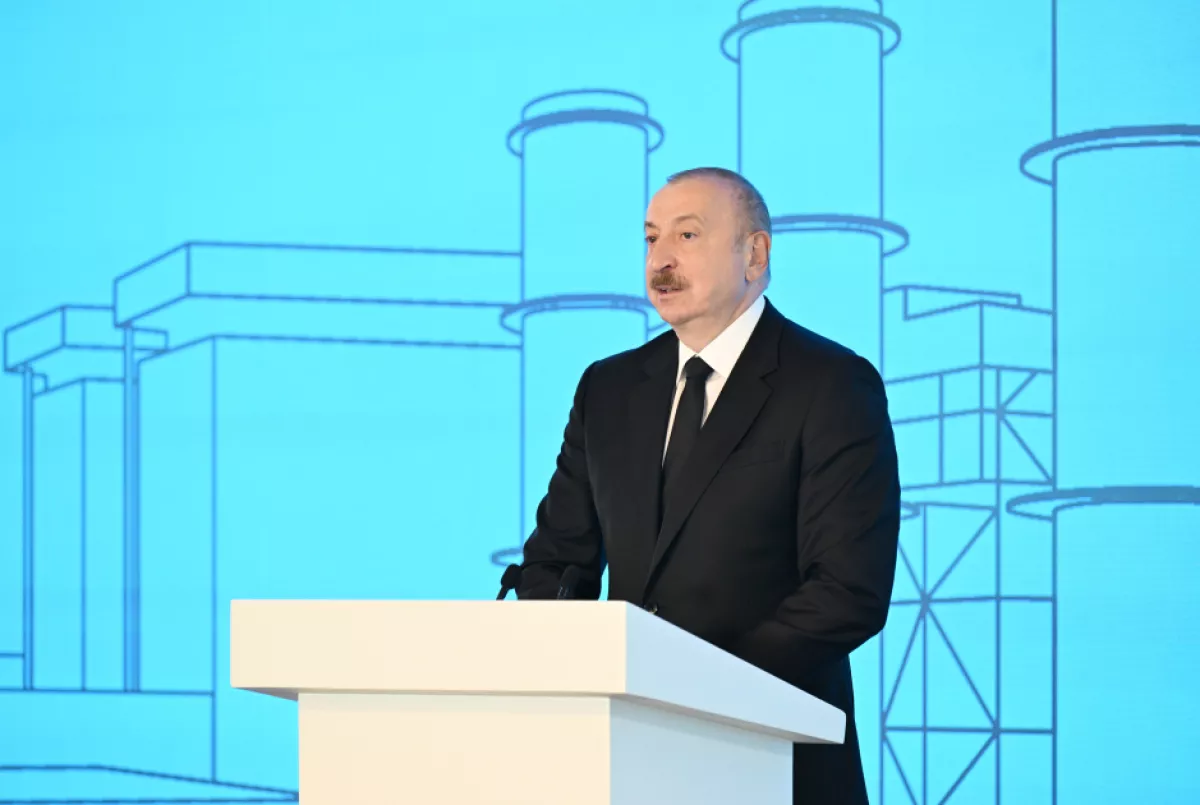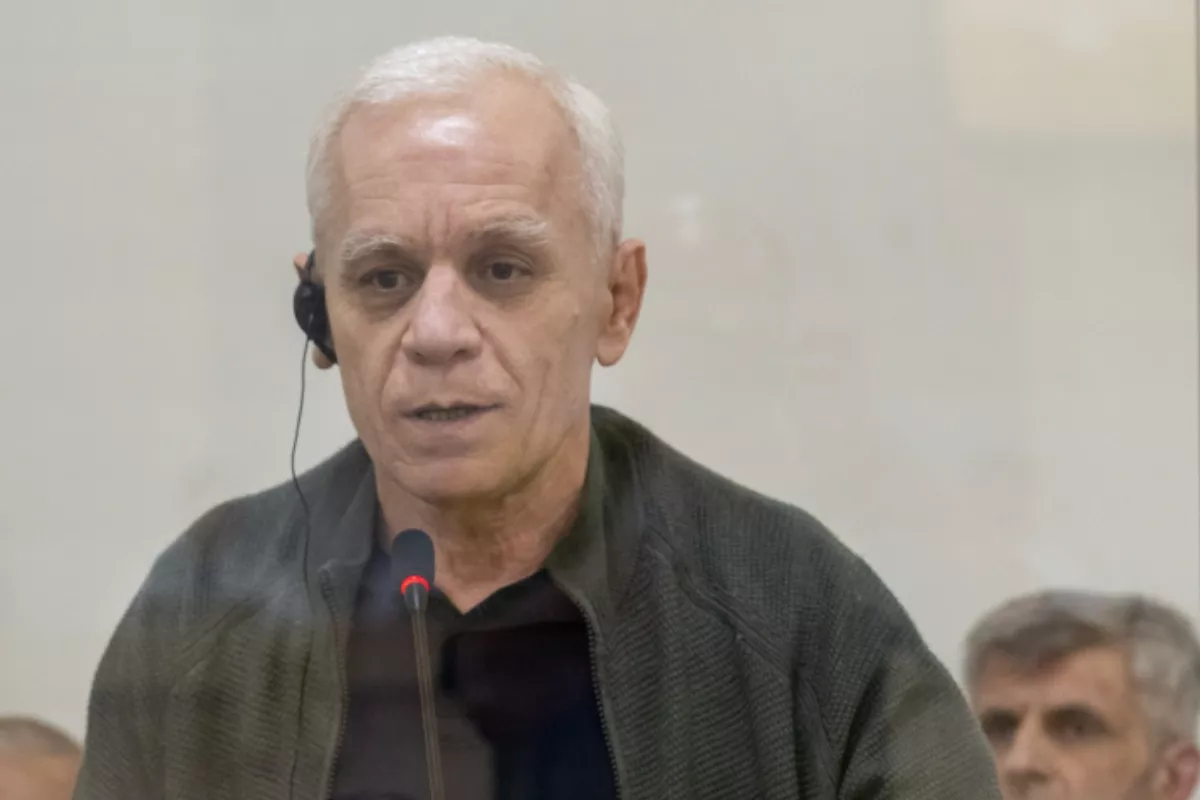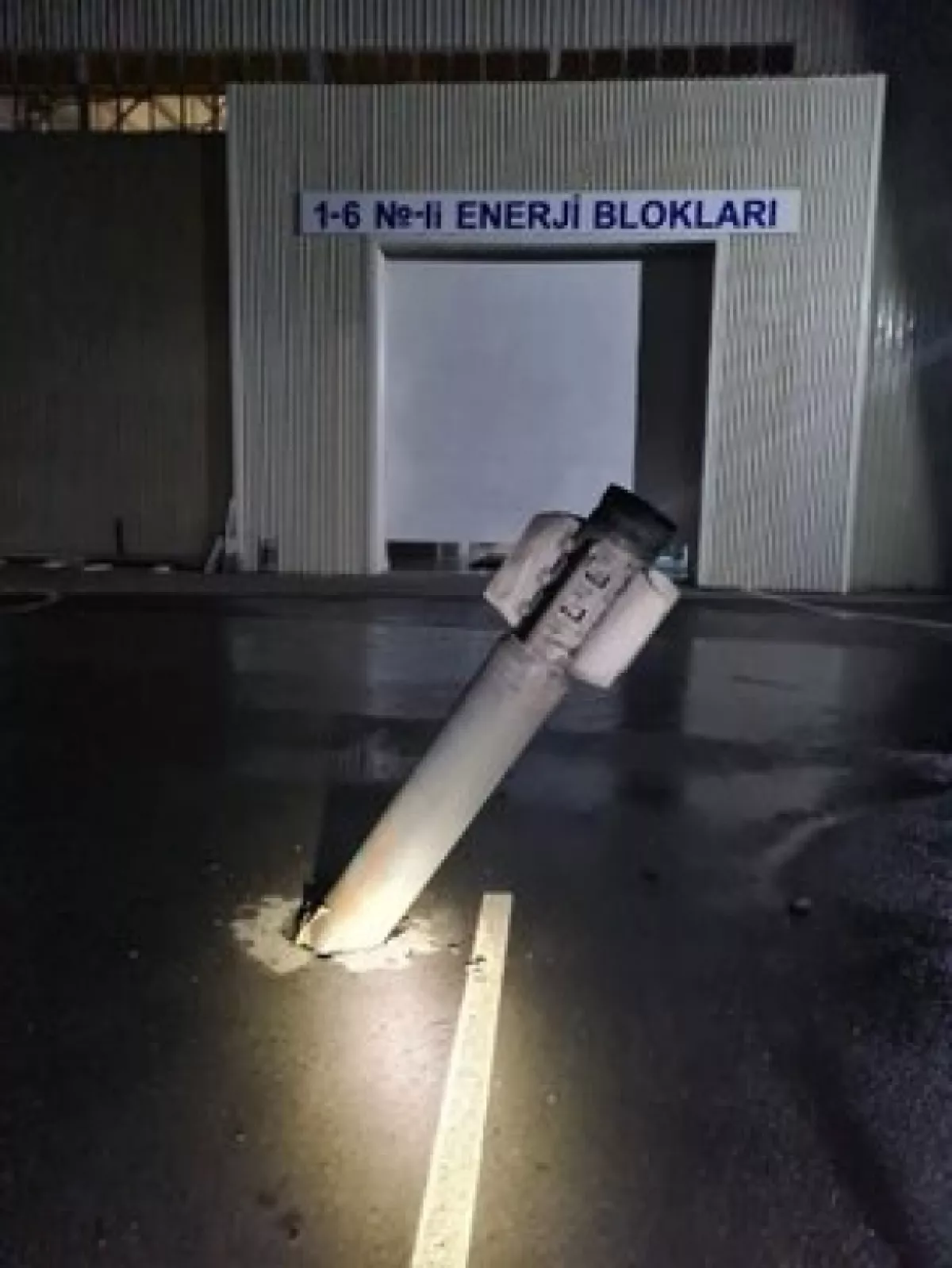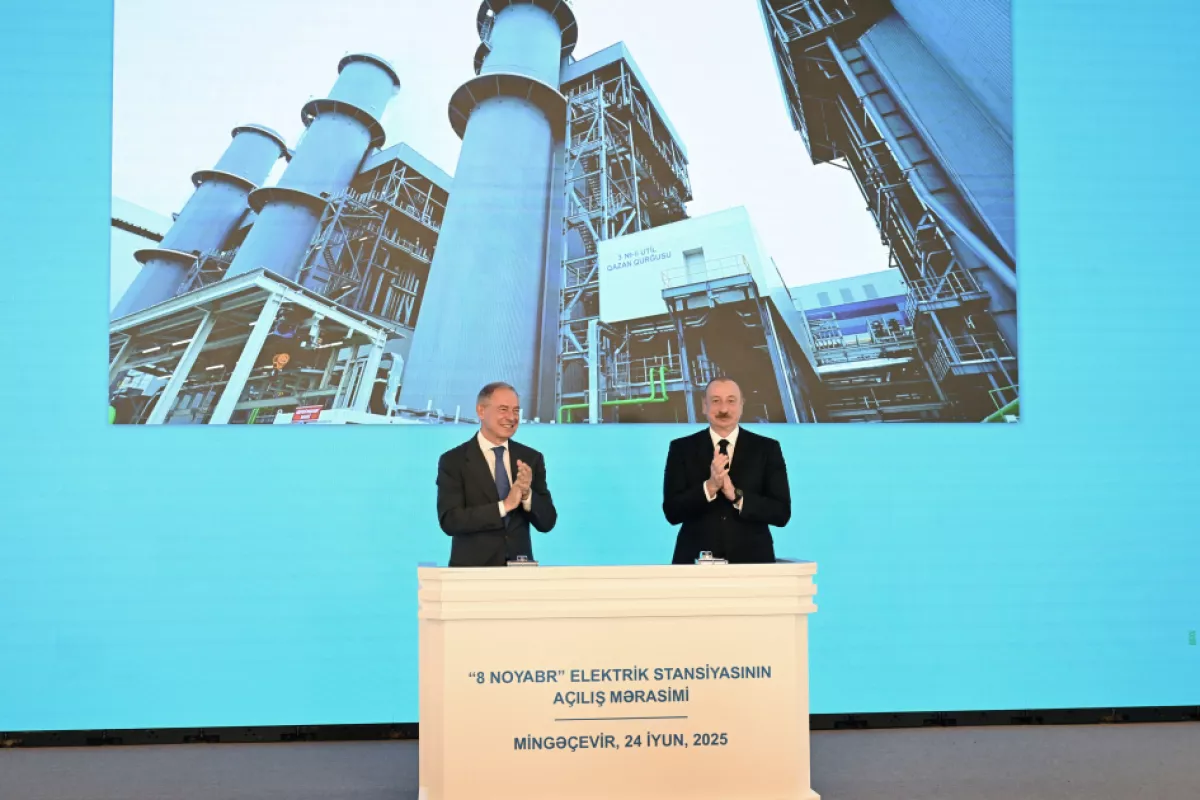Chronicle of national triumph
The world today finds itself at a crossroads. One conflict replaces another. Metamorphosis follows metamorphosis. Yet instead of focusing on the fight against natural disasters, the food crisis, desertification, water scarcity, poverty, and other global challenges, those who call themselves the “powers that be” continue to engage in geopolitical arbitrariness—resulting in the deaths of innocent people, destruction, and waves of refugees. And all this is happening in the 21st century, an era of unprecedented technological advances and artificial intelligence.
In his speech on 24 June 2025 at the opening ceremony of the “November 8” power plant in Mingachevir, President of Azerbaijan Ilham Aliyev delivered important messages to various audiences. He touched upon the disasters and human tragedies engulfing the world today. Azerbaijan itself has endured the hardships of war and occupation—amid the complete silence of the international community, which limited itself to passively observing the events unfold.

These words gain particular symbolic weight from the location in which they were spoken—Mingachevir, a city that came under missile attack by Armenian Armed Forces during the Second Karabakh War in an attempt to paralyse Azerbaijan’s energy infrastructure.
The importance of this context becomes clear when one recalls that even before the start of the 2020 Patriotic War, Armenian radical circles had repeatedly threatened terrorist attacks against the Mingachevir Hydroelectric Power Station.
In 2017, the Armenian news portal aysor.am published an article titled “Mingachevir—Azerbaijan’s Achilles’ Heel or the Whole Truth About the Vulnerability of the Azerbaijani State.” The piece, written with overt bravado, described a hypothetical “total war” scenario in which Azerbaijan’s deep rear—its vital infrastructure and population centres—would be subjected to massive strikes.
With striking cynicism, the article noted: “A strike on the Mingachevir dam would bring the Republic of Azerbaijan to its knees within hours. Millions would be completely deprived of shelter, property, and livelihoods, while tens or even hundreds of thousands would lose their lives. Under such circumstances, the outcome of the war would be predetermined.”

In 2018, the so-called "defence minister" of the separatist "NKR" regime, Levon Mnatsakanyan, when asked about a potential attack on the Mingachevir reservoir, proudly declared that the separatists “had the capability to paralyse Azerbaijan’s economy.” Today, he is testifying before the Baku Military Court in a criminal case against Armenian citizens accused of serious crimes.
On 4 October 2020, the Mingachevir power plant was targeted twice by Armenia with rockets launched from the Smerch multiple launch rocket system—known for its high destructive power. One of the missiles landed between the plant’s 6th and 7th energy blocks.

On 11 October 2020, a second missile landed in close proximity to the facility’s control centre. Thanks to the timely actions of Azerbaijan’s air defence systems and preventive measures, the rockets were neutralised and did not lead to catastrophic consequences.
On 19 June 2025, during court proceedings in Baku, a classified document of the separatist regime dated 25 September 2020—designated No. N 0671 and titled “Order on the Decision to Fire on Enemy Settlements”—was reviewed. Attached to the document was a list of nearly 70 Azerbaijani settlements, including Ganja, Mingachevir, and others.
President Ilham Aliyev stated that Armenia’s actions constituted an act of aggression not only against military targets but also against civilians and civilian infrastructure. According to him, the country that committed the Khojaly genocide, destroyed settlements during the occupation, and shelled cities such as Ganja, Mingachevir, Barda, Tartar, and others—far from the front line—during the Second Karabakh War, is a state guilty of war crimes.
And where were the leaders of the world’s major powers at that moment? Why did they not speak out in defence of Azerbaijan’s territorial integrity or condemn the war crimes committed? In the end, the law of the boomerang took effect—now, the sovereignty of certain states is being questioned by the very global players who once claimed to uphold international norms, while international law itself has become paralysed.
Azerbaijan, now in its fifth year without external support, continues to achieve historic results through brilliant strategic decisions. Baku is independently restoring the liberated territories and creating the conditions necessary for the return of former internally displaced persons to their homeland.
In the international context, Azerbaijan is demonstrating how, in a relatively short historical period, it is possible to achieve lasting stability, security, and rapid progress. This is the result of the wise policy pursued by the country’s leadership, aimed solely at defending national interests.

That is precisely why the new power plant has been named “November 8”—in honour of the glorious Victory of the Azerbaijani people, united under the banner of the “Iron Fist.”
“Victory is worthy of our people and our state,” the Azerbaijani president emphasised. “I am confident that this plant will serve our nation for many years and that its operation will be successful.”
As for the ill-wishers, they can do nothing but gnash their teeth at the fact that today, Mingachevir is not only home to Azerbaijan’s largest power plant but also stands as the energy hub of the entire South Caucasus.
Energy is a key pillar of national security for any country. And today, Baku is not only a crucial link in ensuring Europe’s energy security, but also a strategic bridge between East and West, North and South.
This fact, along with other achievements, is clear evidence that Azerbaijan is on the right path. It is no coincidence that Italian government official Adolfo Urso emphasised that Azerbaijan can serve as a model for its neighbours.
And most importantly, there is a growing understanding that Azerbaijan is not standing still—it is confidently moving toward new heights.








